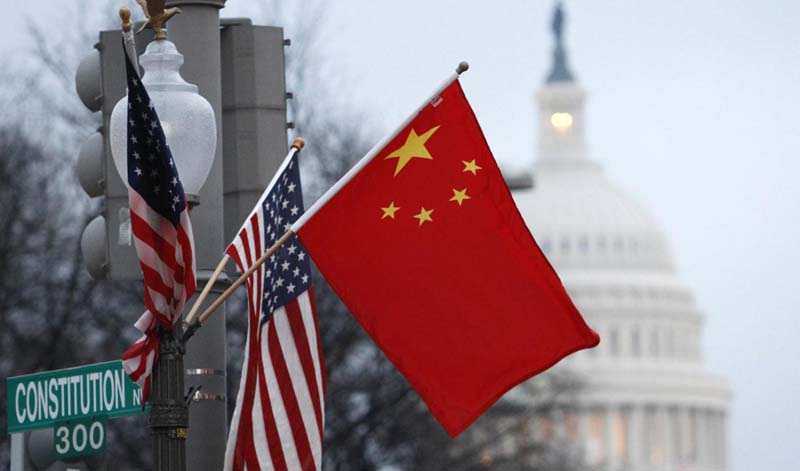
(TibetanReview.net, Aug07’20) – The Chinese government “systematically impeded travel to the [Tibet] Autonomous Region (TAR) and Tibetan areas outside the TAR for US diplomats and officials, journalists, and tourists in 2019,” said the US State Department in its report for 2019 released on Aug 5. The report is mandated under the Reciprocal Access to Tibet Act, which the US President signed into law in Dec 2018, and entails sanctioning Chinese government officials responsible for imposing such impediments.
The State Department said pretty much the same thing in its previous year’s report under the Act.
The report exemplified its conclusion by a citing a number of specific cases of systematic restrictions and discrimination suffered by US citizens while trying to visit the TAR or other Tibetan areas, whether they were diplomats, journalists, tourists or US citizens of Tibetan heritage.
Earlier, on Jul 7, Secretary of State Mike Pompeo announced sanctions on Chinese officials under the Act.
Despite the Chinese government keeping secret the names of officials who deny Americans access to Tibet, the State Department report identifies the entities that are reportedly involved in decision-making on official US visits to the TAR, said Washington-based International Campaign for Tibet (ICT) Aug 5.
The report says: “Once the TAR government received the request (for a visit), it reportedly informed a foreign affairs leading committee, consisting of representatives at the prefectural, provincial, and central levels from the United Front Work Department, Ministry of State Security, Ministry of Public Security, People’s Liberation Army, and Ministry of Foreign Affairs.”
The report makes it clear that Chinese authorities had done nothing to improve the situation since the first report under the Act was issued in Mar 2019. “Access to the Tibetan population of the [People’s Republic of China] did not improve in 2019 compared to 2018,” it said.
In 2019, the TAR continued to be the only area of (the People’s Republic of) China (PRC) for which the government required diplomats and other foreign officials to request permission, whether to visit or buy air or train tickets to the TAR.
The report notes that last year the PRC government also denied five of 10 official requests from the US diplomatic mission in China to visit the TAR, including a request for the deputy chief of mission, the defense attaché, the Agricultural Trade Office, and two requests by the US citizen Services unit at the US Consulate General in Chengdu.
The five trips approved for US diplomats and officials in 2019 included one by the US ambassador; two by the US consul general in Chengdu, one consular visit, and a visit by US Consulate General Chengdu political/economic officers.
However, the visits allowed were tightly chaperoned by Chinese security personnel.
Travel to Tibetan areas in Sichuan province continued to be restrictive for US diplomats in 2019. Diplomats traveling in the Tibetan areas of Kardze (Chinese: Ganzi) and Ngaba (Aba) Prefectures were routinely stopped and questioned by security officials. However, unlike 2017 and 2018, security officials did not physically detain diplomats, the report says.
The report says Tibetan Americans reported more frequent harassment by security officials in Tibetan areas than in other parts of the PRC. It adds that several reports were received of Tibetan Americans being denied entry in 2019 despite possessing valid Chinese visas and travel documents.





